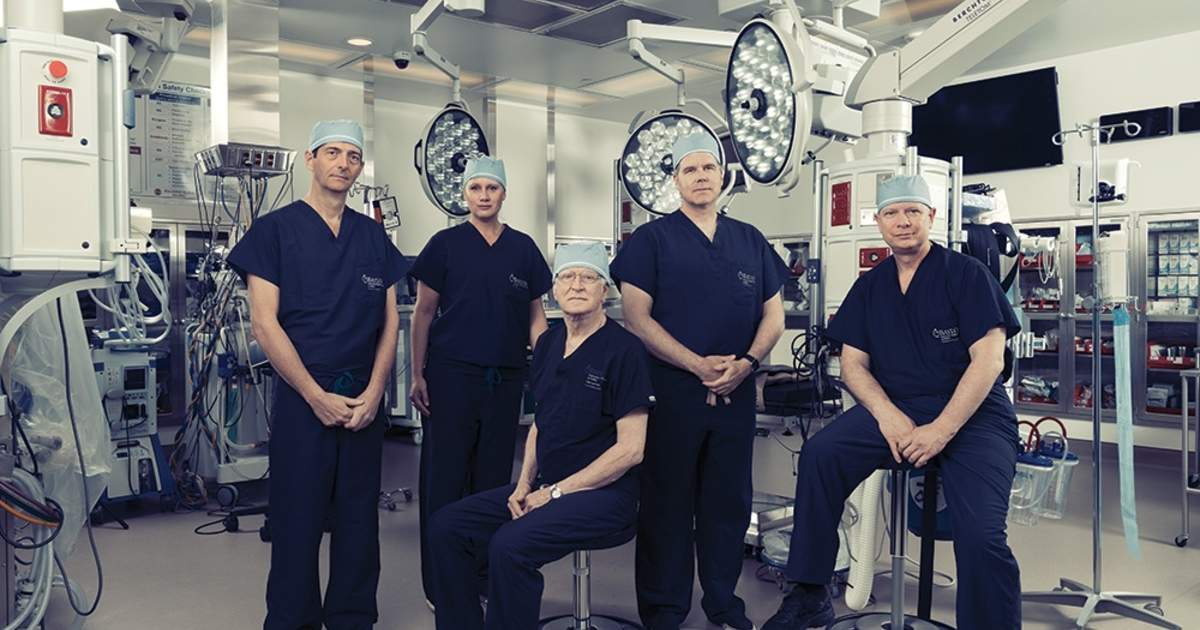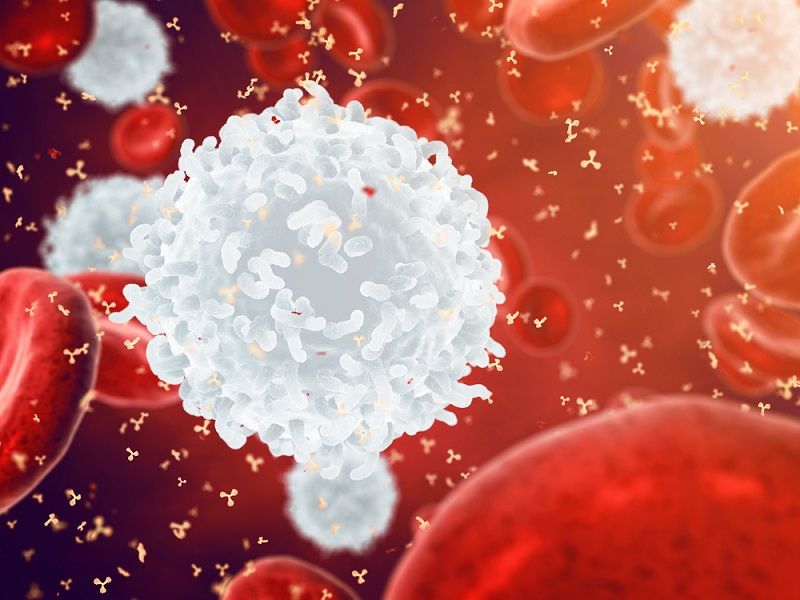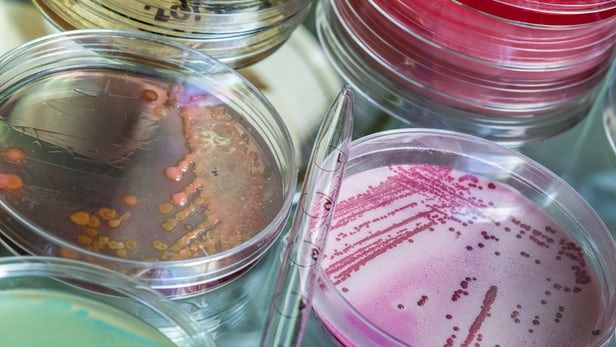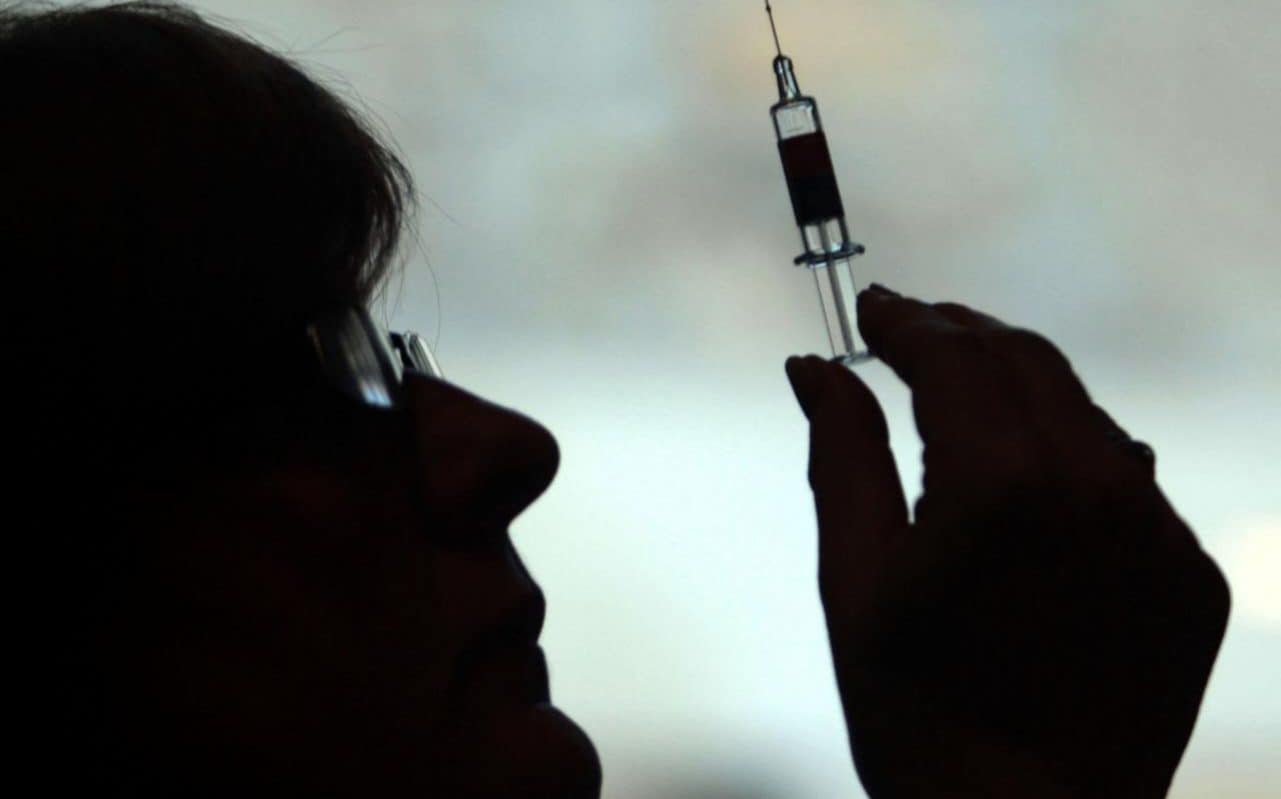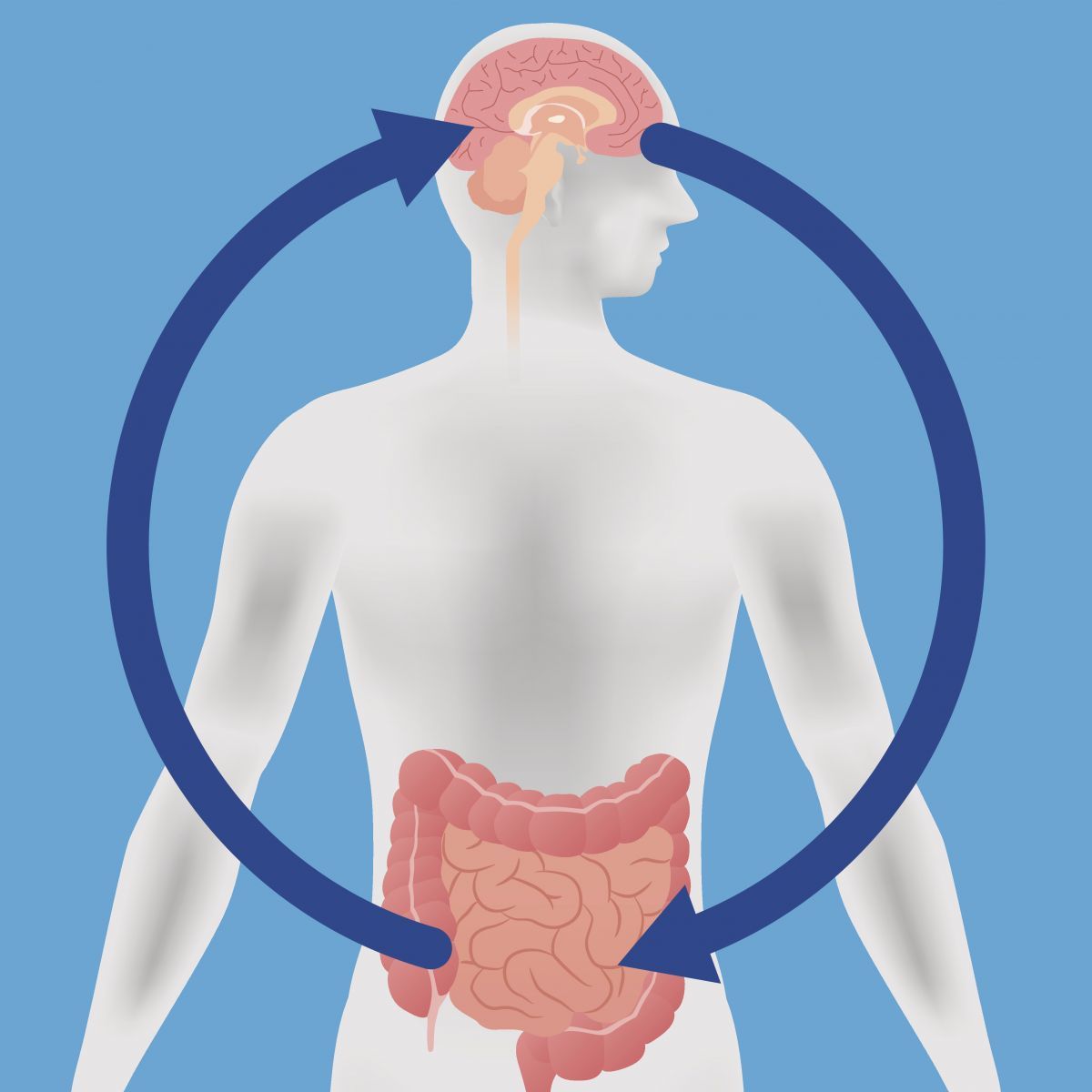Archive for the ‘biotech/medical’ category: Page 2262
Jun 18, 2018
Google can use AI to predict when you’ll die
Posted by Genevieve Klien in categories: biotech/medical, robotics/AI
Jun 18, 2018
Inside the controversial new surgery to transplant human wombs
Posted by Genevieve Klien in category: biotech/medical
Pioneering surgeons have made it possible to transplant a human uterus that can bear children, offering hope to millions of women who never thought they could give birth.
Jun 18, 2018
A Neuroscientist Explains What Happens to Your Brain When You Don’t Sleep
Posted by Genevieve Klien in categories: biotech/medical, neuroscience
Sleep deprivation affects nearly all parts of your brain, but it is most detrimental to simple cognitive functions that we take for granted, such as memory and staying alert.
Ph.D. neuroscience candidate Shannon Odell says scientific research suggests that sleep deprivation majorly reduces cognitive performance. Studies have shown that patients have significantly reduced their thinking ability after just one night of sleep deprivation, specifically in the hippocampus, also known as the memory center.
Watch Your Brain on Blank on Facebook for more mind-expanding brain truths.
Jun 18, 2018
The Shift From 4G to 5G Will Change Just About Everything
Posted by Genevieve Klien in categories: biotech/medical, evolution, internet
Telecom experts are going so far as to herald the arrival of 5G as the advent of the fourth industrial revolution. There are an ever-expanding number of high-tech devices out there trying to connect to the internet every day, many of which require extensive bandwidth, and companies across the board will leverage 5G capabilities to better reach consumers.
“The application of 5G technology will result in massive changes for both consumers and enterprises,” said Jeff Weisbein, founder and CEO of digital media company Best Techie. “5G networks will offer consumers incredible broadband speeds at home (up to 20Gb/s). It will also enable companies to make advancements such as even smarter, better connected cars, advancements in medical technologies and improved retail experiences through personalization.”
5G refers to 5th-Generation Wireless Systems and uses additional spectrum in the existing LTE frequency range to build on the capabilities of 4G, which is often used interchangeably with 4G LTE by marketers. LTE denotes Long Term Evolution, and is a term that was deployed with early 4G networks that presented a substantial improvement on 3G, but did not fully qualify as 4G, meaning 4G LTE is essentially first-generation 4G.
Continue reading “The Shift From 4G to 5G Will Change Just About Everything” »
Jun 18, 2018
Modulating the Immune System Reduces Inflammation Following Heart Attack
Posted by Steve Hill in category: biotech/medical
Researchers from Washington University School of Medicine in St. Louis have discovered that a particular type of immune cell encourages harmful inflammation in the heart after a heart attack, and they have found a potential solution for protecting the heart.
The study, which was led by Dr. Douglas L. Mann, showed that a mouse model of human heart attack lived longer than control mice when treated with the drug pirfenidone, a drug already approved for treating lung conditions. The researchers showed that the drug works by regulating the immune response of B cell lymphocytes in the heart, thereby reducing inflammation and progressive injury following a cardiac event.
Pirfenidone is already used to treat idiopathic pulmonary fibrosis, a condition in which the lungs become increasingly damaged and form scar tissue rather than healthy, functioning tissue. The researchers hope to understand how pirfenidone works in the heart and reduces inflammation; in doing so, they could potentially modify the drug to work more efficiently.
Jun 17, 2018
New antibiotic shows long-lasting promise as superbug killer
Posted by Genevieve Klien in category: biotech/medical
Antibiotics have saved countless lives for the better part of a century, but these medical marvels may be approaching the end of their usefulness. Thanks to overuse, bacteria are rapidly evolving resistance to our best drugs, prompting scientists to try to develop new ones. Now, a team at Purdue University has found that a compound called F6 is effective at killing bacteria that have already evolved resistance to existing antibiotics. In tests, the new drug also seems less susceptible to bacterial resistance down the track.
The discovery and use of antibiotics was one of the greatest scientific achievements of the 20th century, as previously-dangerous procedures quickly became safe and infections relatively easy to treat. But after decades of overuse and overprescription, bacteria are fighting back, with more and more antibiotics becoming ineffective – including some of our last lines of defense. If left unaddressed, the problem is predicted to worsen until these so-called superbugs are killing up to 10 million people a year by 2050.
Jun 17, 2018
HPV vaccine has almost wiped out infections in young women, figures show
Posted by Genevieve Klien in categories: biotech/medical, health
T he HPV vaccine has almost completely wiped out infections in young women, and if expanded to men could prevent thousands of cancer cases in Britain each year, new figures suggest.
New figures from Public Health England show that the rate of Human Papilloma Virus (HPV) in women aged between 16 to 21 who were vaccinated between 2010 and 2016 has fallen by 86 per cent.
More than 3,000 women are diagnosed with cervical cancer each year, and more than 800 will die from the disease, with most cases caused by the HPV virus.
Continue reading “HPV vaccine has almost wiped out infections in young women, figures show” »
Jun 17, 2018
The big picture: We’re getting closer to AI doctors
Posted by Dan Kummer in categories: biotech/medical, information science, robotics/AI
It’s not unrealistic to think that 80% of what doctors do will be replaced by algorithms and artificial intelligence. The idea, evangelized by venture capitalist Vinod Khosla two years ago, is that machines can more accurately diagnosis us — and that will reduce deadly medical errors and free doctors up to do other things.
The bottom line: We’re getting closer to this reality. Algorithms, for example, can already diagnose diseases from imaging scans better than human radiologists. Computers possibly could take over the entire radiology specialty.
Read more toggle.
Continue reading “The big picture: We’re getting closer to AI doctors” »
Jun 16, 2018
Probiotics may help boost mood and cognitive function
Posted by Nicholi Avery in categories: biotech/medical, health, neuroscience
Probiotics can do more than improve your gut health. They also may indirectly enhance your brain, too.
Research shows that the gut and brain are connected, a partnership called the gut-brain axis. The two are linked through biochemical signaling between the nervous system in the digestive tract, called the enteric nervous system, and the central nervous system, which includes the brain. The primary information connection between the brain and gut is the vagus nerve, the longest nerve in the body.
The gut has been called a “second brain” because it produces many of the same neurotransmitters as the brain does, like serotonin, dopamine, and gamma-aminobutyric acid, all of which play a key role in regulating mood. In fact, it is estimated that 90% of serotonin is made in the digestive tract.
Continue reading “Probiotics may help boost mood and cognitive function” »


